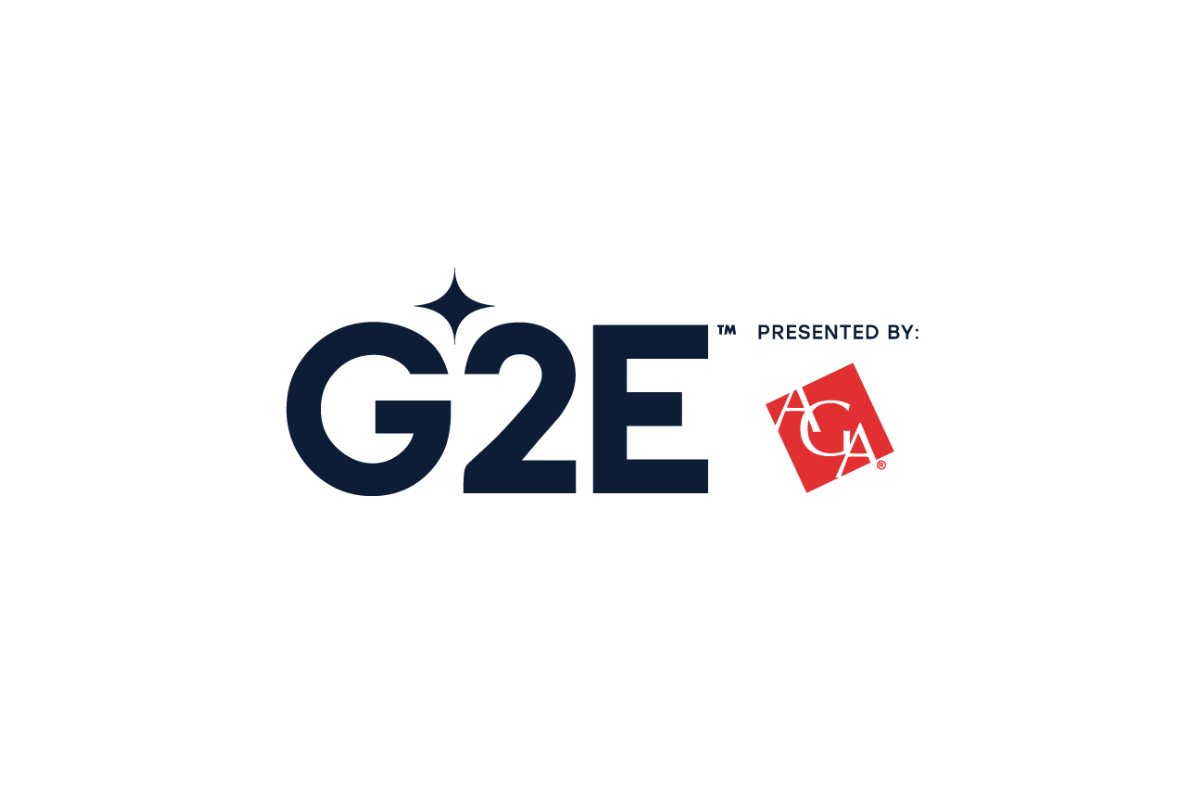
Gen Z, Millennial “Speculators” Drove Year over Year Gambling Growth in Q2 2025
Betting activity increased to 30% of consumers in Q2 2025, compared to 25% in the same period of 2024, according to the new U.S. Betting Report from TransUnion. The increase was primarily among Gen Z and Millennial bettors—34% and 42%, respectively—especially those who invested in speculative financial opportunities.
The report focused on the broadest category of bettors, those spending $50 or more per month, analyzing the types of betting that were most popular as well as the most common demographic traits among bettors.
“Though gambling is up across almost all generations, younger adults have returned to being the most active consumer segment. This report helps operators better understand these consumers so they can optimize their marketing efforts,” said Declan Raines, head of TransUnion’s Gaming business.
The report found land-based casinos were still the top venue for betting, with online sports betting a very close second. While Millennials increased betting activity across all channels, Gen Z consumers only increased activity with online sports betting.
A “speculative” segment
Using data from TransUnion’s TruAudience Customer Intelligence Platform, the report found that the Millennial and Gen Z consumer segments with the highest rate of mobile gambling app usage were urban-area consumers. They were also predominantly renters who did not have children. However, Millennial households in this group were more likely to have children and own their home than Gen Z households.
In addition, these segments had higher proportions of consumers who use cryptocurrency apps compared to the rest of the population. It is likely that these consumers also participate in online trading and/or gambling activity funded by cryptocurrency – which can involve sports betting, casino games, or other forms of entertainment.
“We used TransUnion’s marketing solutions to better understand the profile of regular bettors and a pattern of financial speculation emerged. These segments were also more likely to invest for big payoffs in the stock market, go on adventure vacations, and make impulse purchases,” said Raines.
A caveat for sustainability
The report notes that the total monthly debt payment for Millennials and Gen Z consumers is up 20% and 27%, respectively. While it is normal for younger adults to accrue debt as they buy homes, have children, etc., these trends strongly outpace the rate of inflation (6%) and wage growth (8%).
In addition, the most predictive factor of whether consumers engage in betting comes from increased discretionary income. Factors such as student loan repayments, inflationary pressures caused by tariffs and reduced consumer confidence in the economy threaten to curb younger consumers’ engagement in betting.
The most important takeaway from these trends is for operators to prioritize long-term sustainability over short-term profits. The report notes that implementing responsible gaming practices can protect consumers and demonstrate good faith to regulators.
“Operators must be sensitive to the precarious nature of bettors’ finances and utilize a robust responsible gaming platform to help protect them. Such measures are especially popular among Gen Z bettors, who are on track to become the dominant consumer segment, spending more per capita than any other generation,” said Raines.
As these younger bettors become more discerning in comparing offers, for example, portal najlepsibukmacherzy.pl enables users to quickly compare multiple operators in one place, highlighting which options may provide better bonuses or safer terms.










